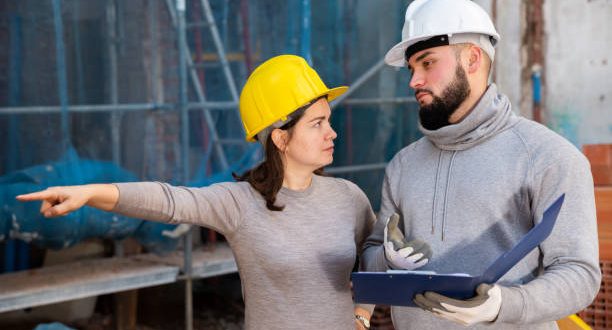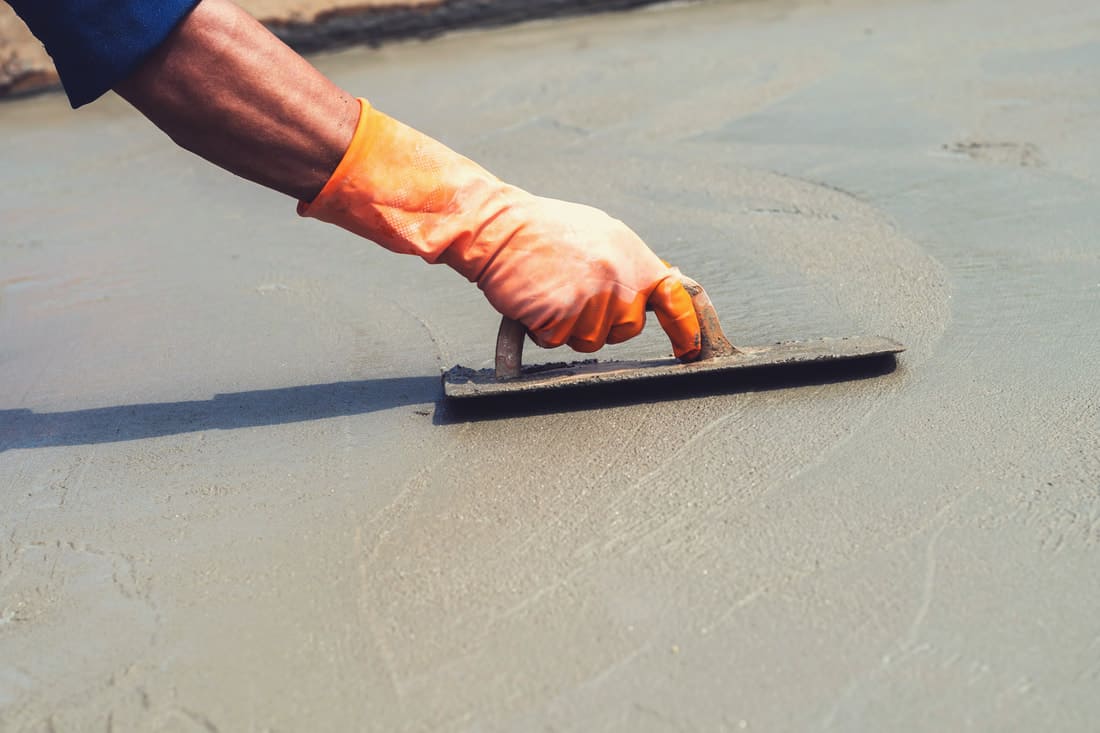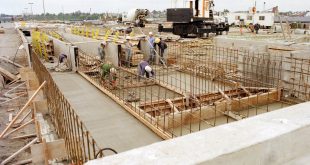Home construction is a complex and significant investment, requiring careful attention to detail throughout every phase of the building process. One of the most critical aspects that ensure the longevity and safety of a home is thorough inspections. Regular inspections during construction help prevent costly mistakes, ensure adherence to local building codes, and ultimately protect both the homeowner and the builder. Whether it’s a custom-built home or a residential project, regular checks can make the difference between a well-constructed home and one filled with future problems.
Why Inspections Matter in Home Construction
When constructing a home, there are numerous stages where different components of the house come together. From laying the foundation to installing the roof, each phase requires precision and expertise. Inspections provide a safeguard at each critical point, ensuring that all materials used and techniques employed meet established standards. In particular, ensuring compliance with the home construction codes set by local authorities can prevent long-term issues, such as foundation shifts or roof collapses.
Moreover, having an inspection done by an experienced professional can help identify any errors or oversights before they become significant problems. For example, an improperly installed plumbing system might not show visible signs until years later, causing expensive repairs and even structural damage. Inspections at the framing, electrical, plumbing, and final stages catch these mistakes early, avoiding future headaches.
Stages of Inspections in Home Construction
Each home construction project involves several inspection phases, each vital for ensuring the project is progressing correctly. Below are some of the essential stages where inspections are necessary:
1. Foundation Inspection
The foundation is the backbone of any home, and it must be built correctly from the start. A foundation inspection occurs before the concrete is poured. At this stage, inspectors check for proper grading, drainage, and reinforcement to prevent potential issues like soil movement or water damage, which can lead to cracks in the structure.
2. Framing Inspection
Once the skeleton of the house is erected, a framing inspection ensures that the structure is sound and can support the rest of the building. Inspectors look for defects in the wood, verify that the framing aligns with architectural plans, and ensure proper load distribution. Any missteps at this point could jeopardize the integrity of the building.
3. Electrical and Plumbing Inspection
These inspections take place before the walls are sealed. Electrical and plumbing systems are critical in ensuring the home functions properly. Inspectors verify that all wiring and pipes meet safety standards, are installed correctly, and pose no risk of future malfunction. They also check that the systems are laid out in a way that facilitates easy access for future repairs or upgrades.
4. Insulation and Energy Efficiency Inspection
Energy efficiency is becoming increasingly important in modern home construction. This inspection focuses on ensuring that insulation is installed properly and meets energy standards. Poor insulation can lead to heat loss and higher utility bills, making this an essential phase of the inspection process.
5. Final Inspection
The final inspection takes place after the house is nearly complete. It covers everything from roofing and siding to flooring and windows. The inspector makes sure the entire house meets building codes and is safe for occupation. This is also the stage where any minor fixes are identified before the home is handed over to the owner.
Reducing Liability for Builders and Homeowners
One of the main reasons why inspections are so important in home construction is that they significantly reduce liability. For builders, adhering to strict inspection protocols helps avoid future disputes or legal claims from homeowners. When an inspector verifies that all construction work meets industry standards and local codes, it minimizes the chance of future problems.
Homeowners also benefit from reduced liability. With regular inspections, homeowners gain peace of mind knowing that their home was built to last. Whether it’s catching faulty wiring or identifying potential structural issues, inspections help ensure that the homeowner’s investment is protected for the long term.
Ensuring Quality Control
Quality control is an integral part of any home construction project. Inspections serve as a form of quality assurance, ensuring that all work is completed to a high standard. With modern construction techniques becoming more sophisticated, ensuring quality can sometimes be challenging. Inspections offer a reliable way to track quality at each stage and provide an objective evaluation of the builder’s work.
Moreover, inspections also help maintain a schedule. By ensuring that all systems, materials, and installations are up to code, construction can continue smoothly without unexpected delays caused by the need for corrections or rework.
For larger projects, such as commercial developments, inspections hold even greater importance. Contractors offering services like Collingwood Commercial Construction Services are expected to comply with even more stringent building codes and safety regulations. This makes inspections vital for preventing costly setbacks in large-scale projects, where delays or failures can lead to significant financial losses.
Role of Local Regulations in Home Construction
Local building codes and regulations set the standard for home construction, ensuring the safety and durability of residential properties. Inspections ensure that these rules are followed from the foundation to the final inspection. Compliance with regulations protects homeowners from liability and ensures the home remains safe for years to come.
When it comes to home construction, different regions may have varying building standards. For example, in areas prone to natural disasters, codes may require additional reinforcements to protect the home from earthquakes, hurricanes, or floods. By adhering to these regulations, homes are better protected against potential environmental hazards.
Enhancing Resale Value
A well-constructed home that has passed all inspections not only offers peace of mind to the current owner but also boosts the property’s resale value. Future buyers are more likely to invest in a home that has undergone regular, thorough inspections. They know that the house is structurally sound and safe to live in, which adds significant value in a competitive real estate market.
Moreover, homeowners who plan to sell their homes may be required to provide inspection reports to potential buyers. Having documentation of passed inspections can make a home much more attractive to buyers and streamline the selling process.
Summary
The importance of inspections during home construction cannot be overstated. These inspections are vital for ensuring that each aspect of the construction process is carried out correctly and by local regulations. By conducting inspections at each stage—foundation, framing, plumbing, and final inspection—builders can avoid costly mistakes, and homeowners can ensure the long-term safety and integrity of their homes.
 Diverse Perspectives: Insights & Stories Exploring Ideas, Sharing Knowledge
Diverse Perspectives: Insights & Stories Exploring Ideas, Sharing Knowledge





